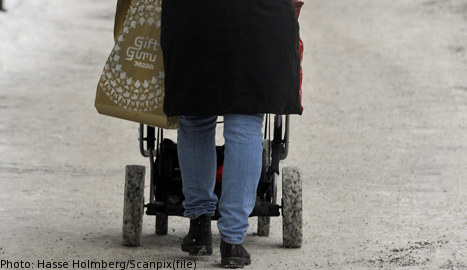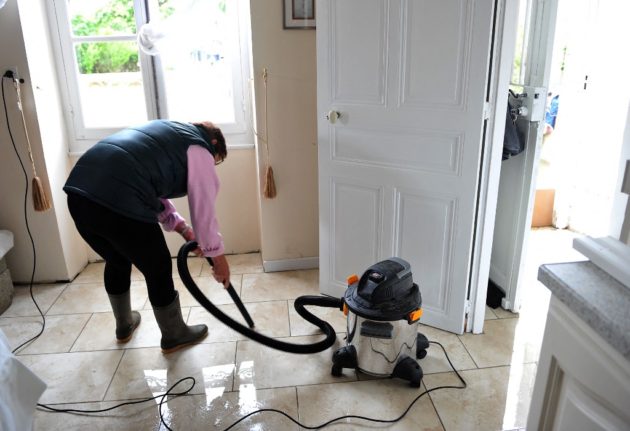Mothers also take more sick days for themselves than fathers, further widening the gap between men and women.
“The big difference between how many days men and women take off is one of the key health insurance issues,“ said minister for social security Ulf Kristersson to daily Dagens Nyheter (DN).
Previous studies have suggested that men and women take the same amount of leave until they become parents.
According to research from the Institute for Evaluation of Labour Market and Education Policy, IFAU, mothers of two-year-olds take twice as much leave as the fathers and the difference continues for several years after. In two out of three cases it is the mother who stays home to nurse the kids back to health when they get ill.
To find out why this is the case, the government will next week officially commission a study from the Social Insurance Agency on parents with children born in 2005, scrutinizing factors such as profession, income, socioeconomic status as well as who took most parental leave.
The study will also look at both mothers’ and the children’s health and how common it is for mothers to go off sick themselves after having nursed their infectious children back to health.
That women often function as both family project leaders and logisticians is often discussed in the Swedish press and it appears as if these extra tasks are taking their toll on working mothers.
“We’ve been very good at getting women into the work place but we haven’t managed to increase men’s involvement in family life,“ said Kristersson to DN.
“It seems to be mostly women who are affected when work and family life clashes. And the only thing the women can call in sick for is work.”
Kristersson fears that women taking more days off for sickness reasons may lead to lower incomes and thereby lower pensions.
Being absent more often also puts the women at risk of getting lower status in the workplace as well as making women in general less attractive on the labour market.



 Please whitelist us to continue reading.
Please whitelist us to continue reading.
Member comments